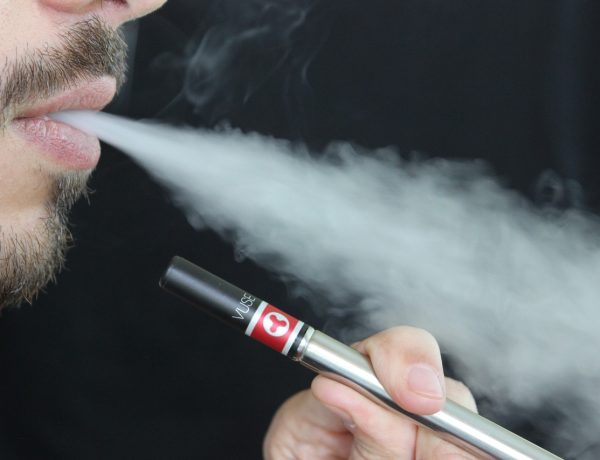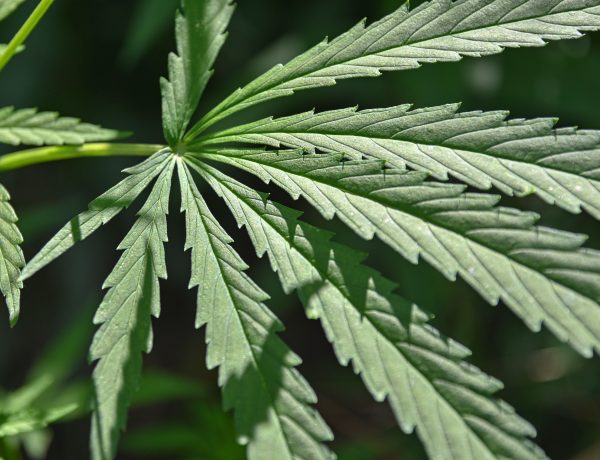- Impact of Addiction on Relationships
- The Devastating Effects of Substance Abuse
- Prioritizing the Substance over Loved Ones
- Strained Connections and Emotional Distance
- The Emotional Toll on Loved Ones
- Domestic Violence and Physical Abuse: The Dark Abyss of Addiction's Grip
- The Altered State of Mind: A Catalyst for Violence
- Aggressive Behaviors Unleashed
- Poor Impulse Control: A Recipe for Turmoil
- Perpetuating a Toxic Cycle
- Shattered Trust and the Hostile Environment
- Financial Strain and Extra Money for Drug Addiction
- Enabling Behaviors and Codependency
- The Importance of Support and Treatment
- How Addiction Ruins Relationships
Impact of Addiction on Relationships
Today we want to discuss the impact of addiction on relationships. Addiction is a pervasive issue that affects millions of lives, leaving a trail of broken relationships, shattered trust, and emotional turmoil. The negative consequences of addiction extend far beyond the individual struggling with it, impacting family members, friends, and romantic partners alike.
The Devastating Effects of Substance Abuse
One of the primary ways addiction ruins relationships is through the destructive force of drug abuse. Whether it’s drugs, alcohol, or other addictive substances, the toll it takes on relationships is profound. Addicts often prioritize their substance of choice over their loved ones, leading to strained connections and, in some cases, complete breakdowns.
Prioritizing the Substance over Loved Ones
At the heart of how relationships can crumble under the weight of addiction lies the painful reality that Addicts often place their substance of choice above the well-being of those they hold dear. The insatiable craving for the next high or the temporary escape from reality eclipses the once-cherished bonds with family, spouses, and friends. This prioritization creates a seismic shift in the dynamics of relationships, as the person addicted to drugs becomes increasingly entangled in a web of dependency.
Strained Connections and Emotional Distance
The toll of substance use disorder on relationships manifests in strained connections and emotional distance. As the drug addict succumbs to the clutches of their chosen substance, their focus narrows, and the once-vibrant interactions with loved ones fade into the background. Conversations become stilted, and shared experiences lose their luster. In the throes of addiction, the intimacy required for a healthy relationship is often replaced by the numbing effects of substances, leaving relatives and loved ones feeling isolated and abandoned.
In the most severe cases, the impact of drug and alcohol use can push relationships to the precipice of complete breakdowns. The addict’s inability to prioritize the needs of their loved ones, combined with the erratic and often destructive behavior that accompanies addiction, creates an environment where trust crumbles, communication disintegrates, and the very fabric of the relationship unravels. What was once a source of support and love becomes a battleground of resentment and despair.
The Emotional Toll on Loved Ones
For family members and spouses, witnessing a loved one succumb to substance abuse is an emotional rollercoaster. The constant fear of the unknown, the frustration of trying to connect with someone lost in the throes of addiction, and the heartbreak of seeing the person they love transform into a stranger all take a toll on their own mental health. This psychological burden can strain relationships to the breaking point, as the addicted individual’s focus on their substance of choice leaves little room for the emotional needs of those who care about them.
Further, healthy relationships thrive on open communication, emotional support, and shared experiences. Addiction disrupts these fundamental aspects by introducing a constant undercurrent of fear, stress, and psychological turmoil. The addicted person’s erratic behaviors and mental instability can create an atmosphere of constant tension, making it nearly impossible for partners and loved ones to maintain their overall well-being.
In dissecting the devastating effects of substance use disorder on relationships, it becomes clear that the toll is not limited to the addict alone. The collateral damage extends to those who care for them, creating a ripple effect of pain and disruption that underscores the urgent need for intervention and support. In the subsequent sections, we will explore the interconnected facets of addiction’s impact, from financial strain to the erosion of trust, shedding light on the multifaceted challenges faced by individuals and their loved ones in the throes of addiction.
Domestic Violence and Physical Abuse: The Dark Abyss of Addiction’s Grip

Photo by on Pexels
Addiction affects relationships by escalating the risk of domestic violence and physical injury. The altered state of mind induced by drug addiction can lead to aggressive behaviors and poor impulse control, resulting in violence against family or loved ones. This toxic cycle perpetuates a hostile environment, making it nearly impossible to maintain a healthy relationship.
The Altered State of Mind: A Catalyst for Violence
One of the harrowing ways in which addiction ruins relationships is by altering the mental state of the addicted individual. Substance abuse, whether fueled by drugs or alcohol, can lead to a distorted perception of reality and impaired judgment. In this altered state, individuals may experience heightened aggression, diminished impulse control, and an increased risk of resorting to violence to fulfill their immediate desires or cope with perceived threats.
Aggressive Behaviors Unleashed
As addiction tightens its grip, the individual’s behavior becomes increasingly erratic and unpredictable. The once-loving partner or family member may find themselves thrust into a nightmarish reality where the addicted person’s actions are fueled by the very substances that have taken control. Aggressive behaviors, fueled by the altered mental state induced by drug or alcohol abuse, can manifest in verbal, psychological, or bodily harm, leaving deep scars on the psyche of those on the receiving end.
Poor Impulse Control: A Recipe for Turmoil
Addiction and poor impulse control often go hand in hand. The substances that fuel addiction compromise an individual’s ability to think rationally and make sound decisions. In the domestic sphere, this lack of control can have dire consequences. Trivial disagreements that might have been resolved amicably in a healthier environment can escalate into explosive confrontations, as the person addicted to drugs succumbs to the impulsive reactions dictated by the substances they abuse.
Perpetuating a Toxic Cycle
The cycle of intimate partner violence perpetuated by addiction creates a toxic environment that makes it nearly impossible to maintain a healthy relationship. The fear instilled in the partners and loved ones becomes a constant companion, breeding a sense of helplessness and despair. The unpredictability of the addict’s behavior keeps those around them in a perpetual state of anxiety, walking on eggshells to avoid triggering an outburst.
Shattered Trust and the Hostile Environment
The fallout from domestic violence and physical violence reaches far beyond the immediate acts of aggression. Trust, a fragile element in any relationship, shatters into irreparable pieces. Spouses and family members find themselves grappling with a sense of betrayal, their sanctuary turned into a battlefield. The hostile environment created by one partner and addiction-induced violence makes it challenging for anyone involved to feel secure or find solace within the confines of their own home.
Ultimately, trust issues are a common thread in relationships affected by addiction. Drug abuse erodes the foundation of trust that is vital for any healthy relationship. Partners of addicts often find themselves questioning the honesty and sincerity of their loved one, creating an emotional distance that is challenging to bridge.
Financial Strain and Extra Money for Drug Addiction
Addiction wreaks havoc on financial stability, draining resources that could otherwise be used for the well-being of the family. The constant need for substances often leads to reckless spending, leaving loved ones struggling to make ends meet. The pursuit of the next high becomes the priority, leaving little room for responsible financial management.
Enabling Behaviors and Codependency
Addiction ruins relationships by fostering enabling behaviors and codependent dynamics. Partners may inadvertently support the addictive behavior by making excuses, covering up the consequences, or providing the addict with the means to continue their destructive habits. This codependent relationship becomes a barrier to recovery, as the addict may feel enabled rather than encouraged to seek help.
The Importance of Support and Treatment
Overcoming addiction requires a multifaceted approach, including professional treatment, support groups, and a commitment to recovery. Recognizing the impact of addiction on relationships is the first step towards healing. Loved ones must take care of their own well-being while encouraging the addicted person to seek help.
How Addiction Ruins Relationships
The fallout from domestic violence and physical abuse reaches far beyond the immediate acts of aggression. Trust, a fragile element in any relationship, shatters into irreparable pieces. Partners and family find themselves grappling with a sense of betrayal, their sanctuary turned into a battlefield. The hostile environment created by addiction-induced violence makes it challenging for anyone involved to feel secure or find solace within the confines of their own home.
Read more lifestyle and relationship articles at ClichéMag.com
Images provided by Deposit Photos, BingAI, Adobe Stock, Unsplash, Pexels, Pixabay & Creative Commons




